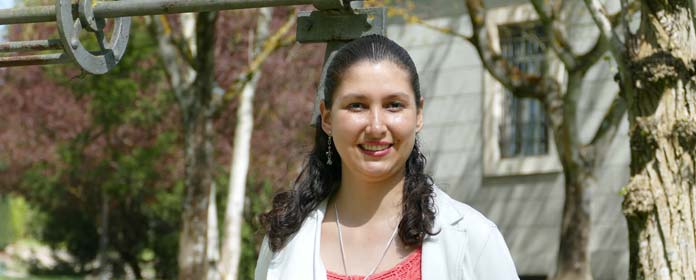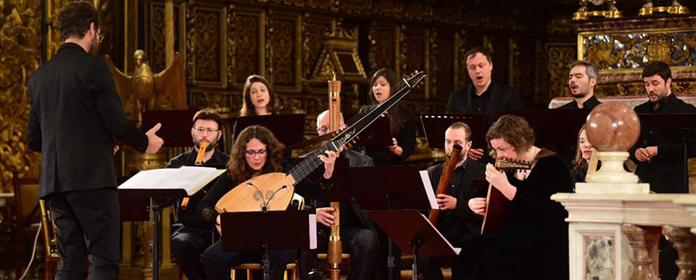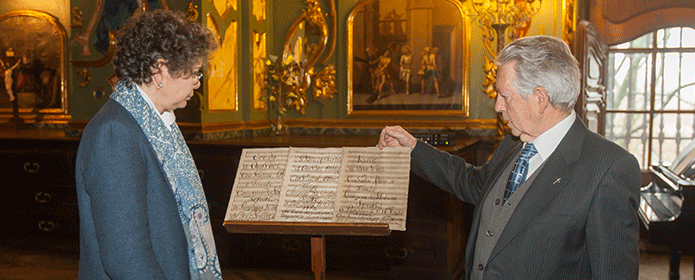The music teacher as a driving force for the empowerment of communities in development
This is the topic that Isabel Espinel addresses in her TFM of the Master's Degree in research in Social Sciences, which she is studying thanks to a scholarship of the Social Trends Institute.

PHOTO: Courtesy
In many countries there are areas with disadvantaged communities that have difficulty accessing a good Education and parents who must choose between working to bring home food or taking care of their children. This often results in children being left unattended and without good schooling. To solve this, some teachers from schools in these regions have wanted to collaborate with their empowerment through musical projects that promote the children's Education and sense of community, while providing a respite for parents.
"This initiative began in Venezuela, with the program of orchestras and children's and youth choirs for social rescue, and has been replicated in 60 countries around the world," explains Isabel Espinel, a student of Master's Degree in research in Social Sciences (MICS) at the University of Navarra, at pathway of Education offered by School of Education and Psychology.
Espinel, a native of Ecuador, studies the MICS thanks to a scholarship from the Social Trends Institute and in his work de Fin de Master's Degree (TFM) he seeks to understand the origin and scope of this social phenomenon that has mobilized hundreds of music teachers. "This Master's Degree has given me a solid foundation in methodology, design of projects and analysis and synthesis of results," she says.
The Ecuadorian student will try to answer questions such as: what motivates a teacher to get so involved as to go beyond his or her work at school and create initiatives such as choirs or orchestras? Is the educator a true agent of change? Why is there a commitment to intervene through music? To do this research will interview teachers who are part of the system of choirs and orchestras in countries such as Bolivia, Argentina, Canada, USA, Brazil and Ecuador.
In his analysis he will apply the relational paradigm, developed by Pierpaolo Donati (professor at the University of Bologna, Italy) - whorecently visited Institute for Culture and Society- to understand what motivates an educator to become position of these collectives and whether the current social context has motivated this change and favored its systematic expansion. "We no longer expect the state to provide all the necessary goods, but rather they are obtained from the community," he comments. Espinel considers this to be positive, as it favors the creation of networks and a common identity.
Being an educator in vulnerable areasBefore studying the MICS, this student graduated in Music from the University of the Hemispheres and studied at Master's Degree in Education Interdisciplinary Arts at the University of Barcelona.
He went to contact with this subject of Education (musical) systems thanks to his work in the Foundation 'Enseña Ecuador' which is part of the network 'Teach for All'. The Foundation introduced people from outside the teaching field to schools in disadvantaged areas - some 60 kilometers from Quito - to carry out new work methodologies for community projects. Specifically, Espinel developed a music proposal with students from the Corazón de María Educational Unit, with whom he performed didactic concerts in nearby schools.
"There were people who listened to what we wanted to do and gave us instruments they no longer used," she says. For the student, these projects are a way to improve ties with the community and the environment educational beyond the teaching "The professor is a reference and these children need role models to follow," she says.
Once she finishes the MICS, she will return to Quito to start working in the direction of high school Caminitos de Luz. As she explains, "it is a center that takes in children who do not have access to the public Education , whose families have many economic difficulties". In fact, the high school offers a nutrition program with breakfasts and lunches and remains open in the afternoons so that parents can work those hours.


